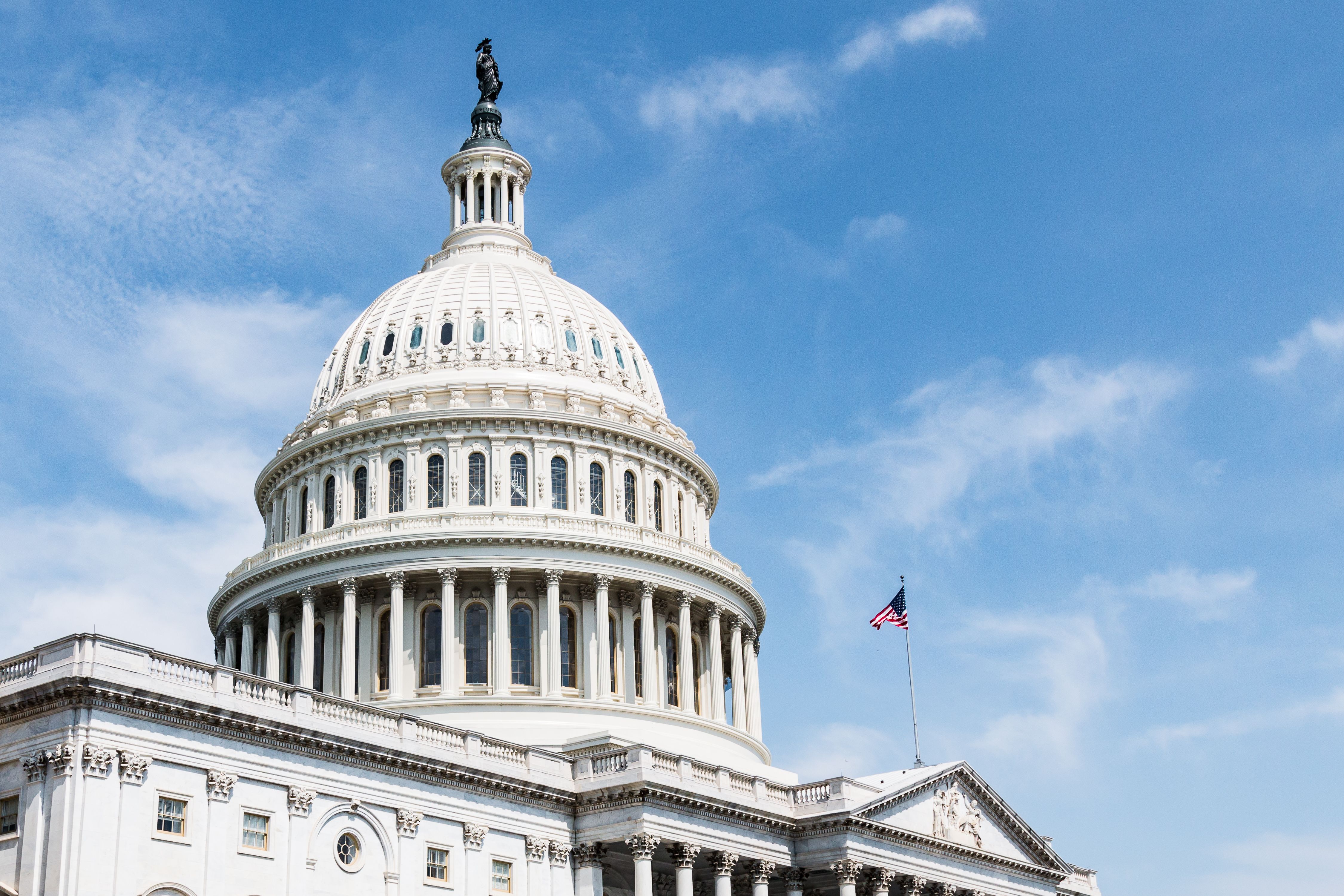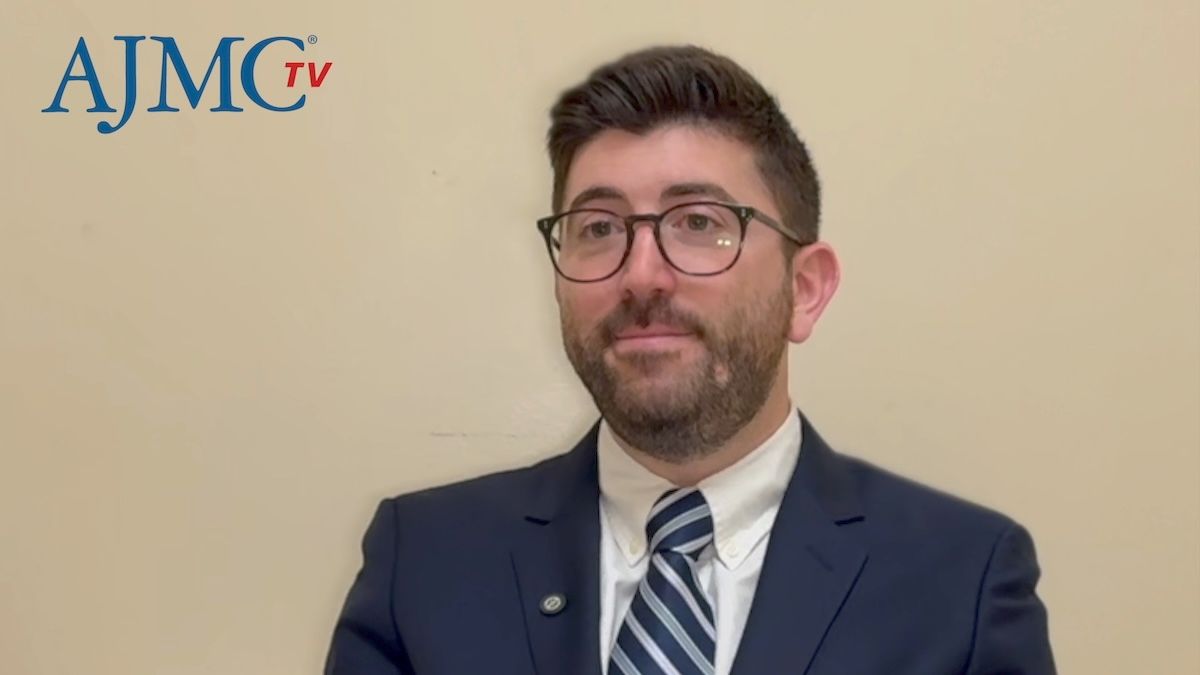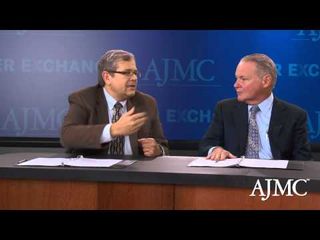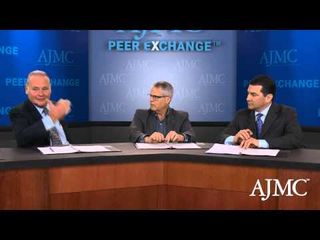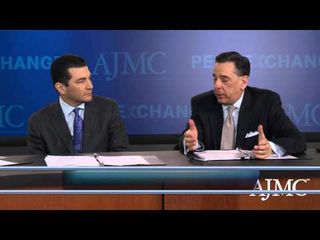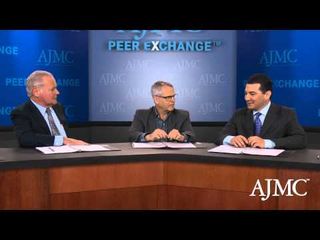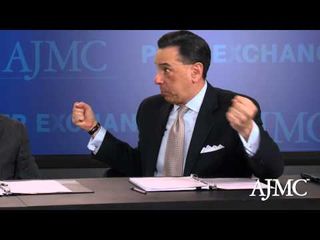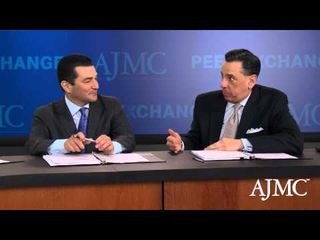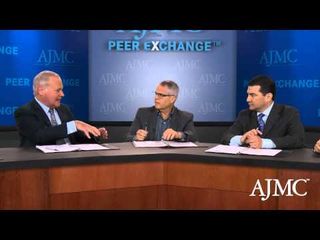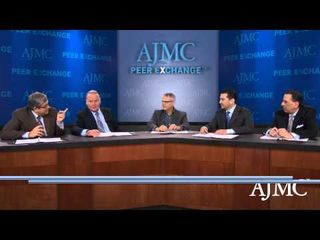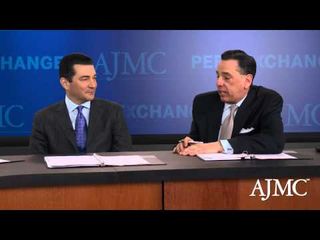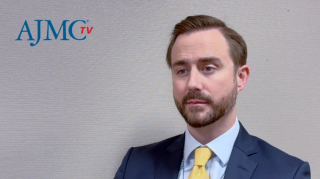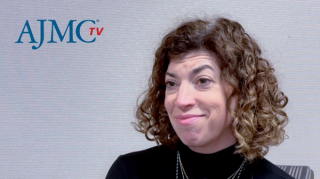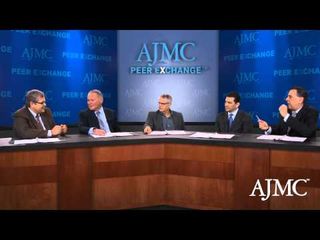
Health Care Cost
Latest News
Video Series

Latest Videos
Shorts





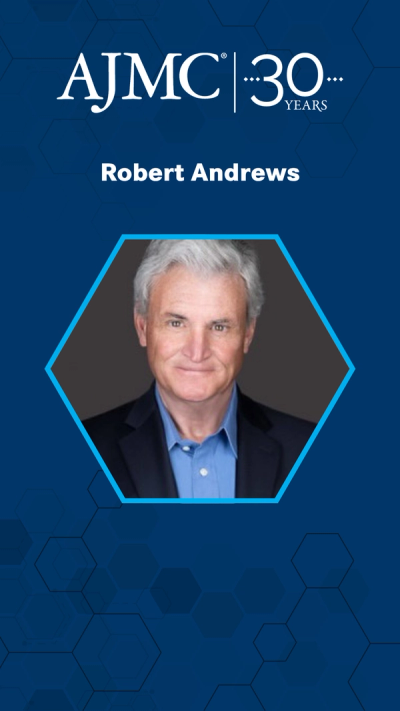



Podcasts
CME Content
More News

The treatment was compared with adagrasib in second- and subsequent-line treatment, with sotarasib coming out on top based on current efficacy data.

GoodRx offers affordable access to oral semaglutide for weight loss through telemedicine, simplifying treatment options and pricing for consumers.

Medicare HIV cases are projected to double by 2035, with cumulative costs reaching $195.6 billion and creating critical challenges for federal funding.

Sachin H. Jain, MD, MBA, discusses 2026 health care predictions, including AI adoption, GLP-1 demand, MAHA growth, DEI’s return, and policy shifts.
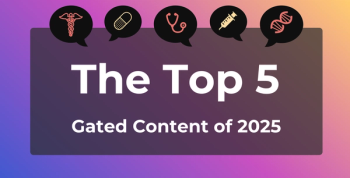
Explore the evolving landscape of drug pricing, reproductive rights, and health policy in 2025, featuring insights on SC pembrolizumab and RFK Jr's hearings.
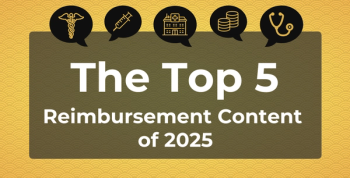
The most-viewed content focused on the “One Big Beautiful Bill,” the Most Favored Nation drug policy, and other changes under the Trump administration.

Here are our top highlights from AAD 2025 that include safety of topical JAK inhibitors, climate impacts on skin health, affordability of classic therapies, and advancing AI in dermatology.
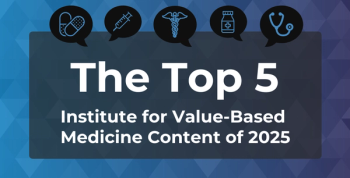
From oncology to cardiology, Institute for Value-Based Medicine® conversations highlighted the ways value-based care is reshaping access, equity, and outcomes.

Trump secures new pricing deals with 9 drugmakers, advancing his effort to align US drug costs with Europe and expand direct-to-consumer purchasing.
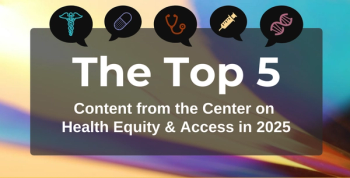
Reflect on the challenges in health equity, care access, and policy shifts impacting health insurance and clinical research in 2025.

A last-minute push to extend Affordable Care Act subsidies was stopped as GOP leadership prevented an expedited vote, leaving the future of the subsidies uncertain.

With ACA subsidies expiring, experts warn coverage losses could worsen access to behavioral health care and emergency department strains.

The ustekinumab biosimilar DMB-3115 matched reference therapy in efficacy and safety for moderate to severe plaque psoriasis, according to a phase 3 trial.
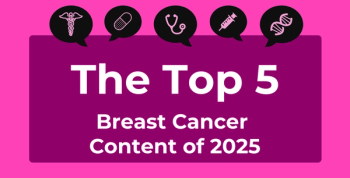
Our top breast cancer stories in 2025 covered FDA approvals, new and failed therapies, screening gaps, and policy factors shaping treatment access and outcomes.
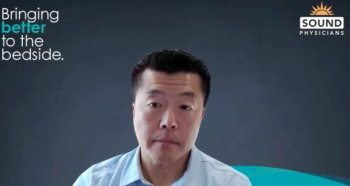
Tom Kim, MD, of Sound Long-Term Care Management, discusses how serious illness and care coordination set these ACO patients apart.

Two-thirds of pharmaceutical companies did not proactively release the launch price of their medications from 2022 to 2024.

Early fertility counseling is necessary for young patients before treatment limits options, said Yara Abdou, MD, of the University of North Carolina at Chapel Hill.

Many US patients with diabetes cannot afford their medical care. The authors review the impact of interventions that reduced and/or eliminated diabetes-related costs.
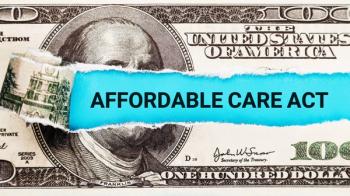
Democrats move to extend ACA subsidies as enrollment closes, leaving consumers uncertain about premiums, coverage, and alternative health options.

In analyzing 2025 Transparency in Coverage (TIC) files from national insurers, the authors found vast payer-level differences; overall, physician/outpatient data were more complete, and hospital inpatient data were less complete.

A small expert panel was selected to share professional experiences with risk-sharing agreements and advance the cost-effective utilization of continuous glucose monitoring–centered care in type 2 diabetes (T2D).

As open enrollment continues, 77% of surveyed Americans were happy with their options for 2026 health care coverage, although cost concerns surfaced.

Polarized dermatoscopes produced higher-quality teledermatology images but at greater cost, raising questions about feasibility and equitable access.

Self-pay emergency department prices rose significantly from 2021 to 2023, especially at for-profit and system-affiliated hospitals, highlighting growing affordability challenges for uninsured and underinsured patients.

With ACA subsidies ending in 2025, Ben Light explains how rising premiums may push individuals toward ICHRAs and reshape employer health coverage strategy.


